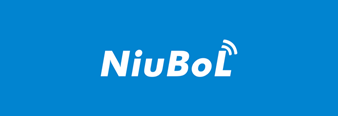
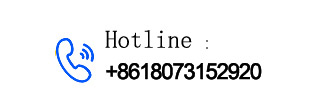
— Blogs —
—Products—
 Consumer hotline +8618073152920
Consumer hotline +8618073152920 WhatsApp:+8615367865107
Address:Room 102, District D, Houhu Industrial Park, Yuelu District, Changsha City, Hunan Province, China
Product knowledge
Time:2025-10-08 15:17:49 Popularity:678
Ultimate Guide to Smart Water Sensing Devices: In-Depth Analysis of Real-Time Monitoring of Water Quality, Level, and Flow in Industrial IoT Control Systems
Smart water sensing devices are key infrastructure for water resource management in the Industry 4.0 era. They deeply integrate high-precision industrial-grade water sensors with IoT (Industrial Internet of Things) technology, edge computing, and cloud platforms, enabling real-time, continuous monitoring and remote automated control of water system parameters. These systems are core technologies for achieving operational efficiency improvements, sustainable development, and strict compliance in smart cities, intelligent agriculture, and industrial water management.
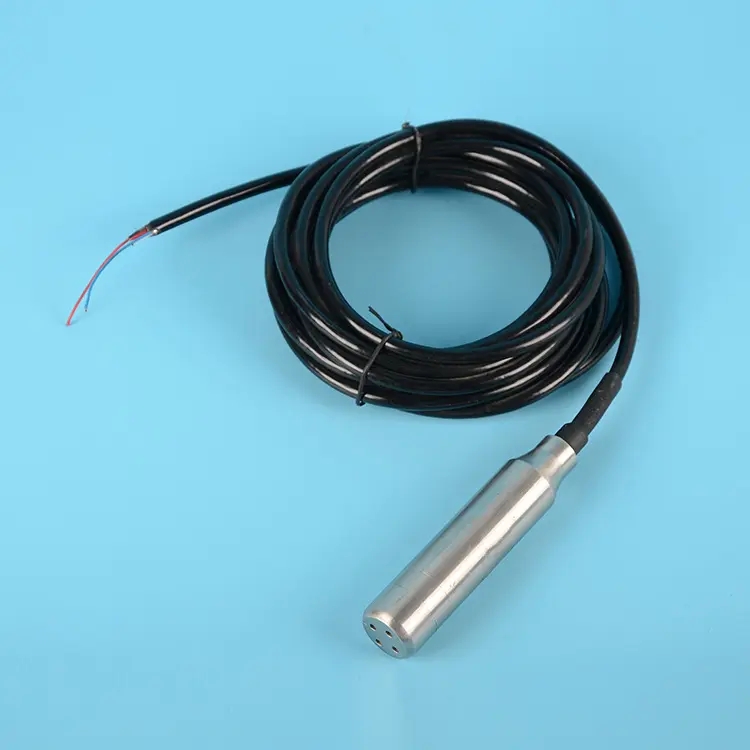
In complex industrial environments, professional sensors must be selected based on the medium and precision requirements.
Level sensors are used for inventory management and container overflow prevention.
| Sensor Type | Specific Industrial Products/Technologies | Core Advantages and Application Scenarios |
| Radar Type | Guided Wave Radar (GWR) Sensors | High precision, unaffected by temperature or pressure. GWR is suitable for high-viscosity media and oil-water interface detection. |
| Magnetostrictive Type | Magnetostrictive Level Gauges | Extremely high precision (up to ±0.5 mm). Commonly used for commercial settlement and high-precision inventory management of finished oil products. |
| Non-Contact Type | Ultrasonic Level Sensors | Non-contact, low maintenance. Suitable for open water tanks and sewage treatment level monitoring. |
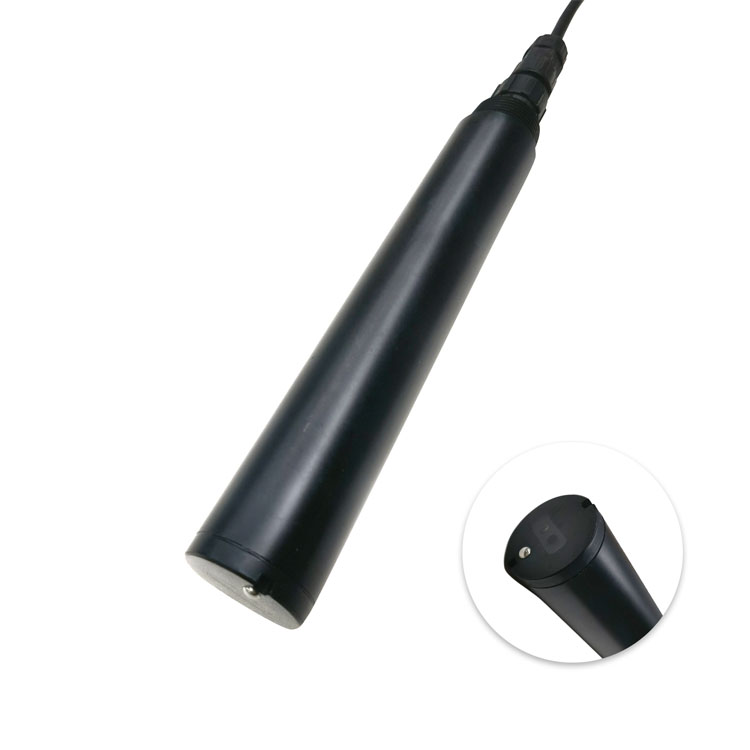
Water quality sensors ensure that the medium meets production requirements and emission standards.
| Parameter | Specific Industrial Products/Technologies | Key Application Scenarios |
| pH Value | Composite pH Electrodes (Glass/Solid Electrolyte), Digital pH Sensors | Chemical reactions, wastewater discharge compliance, boiler water management. |
| EC/TDS | Four-Electrode Conductivity Sensors, Inductive Conductivity Meters | Salinity in water circulation systems, nutrient solution concentration management in agriculture. |
| Dissolved Oxygen | Fluorescent DO Sensors (Optical DO) | High precision, low maintenance. Widely used for sewage aeration control and aquaculture. |
| Turbidity | Scattering Light Turbidity Sensors (Nephelometer) | Filtration effect monitoring, environmental pollution alerts. |
Flow meters are the core of pipeline transportation and batch control, directly impacting product quality and costs.
- Coriolis Mass Flow Meters: Directly measure mass with the highest precision. Used for high-precision batching of high-value chemicals and food additives.
- Electromagnetic Flow Meters (Mag Meters): No moving parts, measure conductive liquid flow rates. Minimal pressure loss, widely used in water treatment and slurries.
- Vortex Flow Meters: Ideal for measuring steam and gases, but also suitable for liquid flow rate measurement.
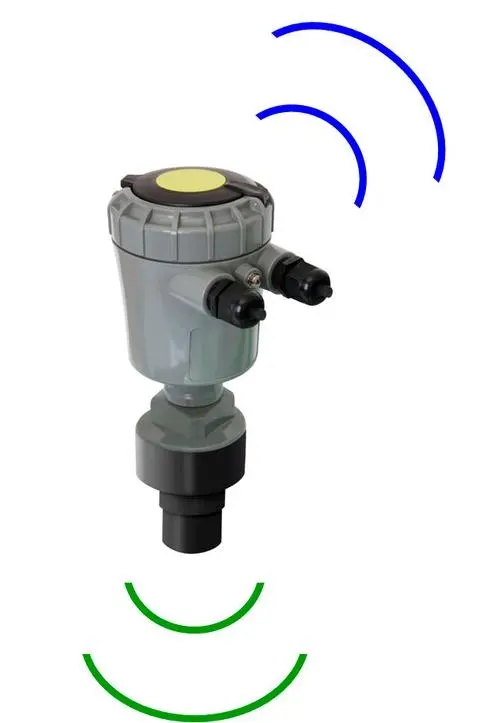
The core competitiveness of smart water sensing devices lies in their ability to stably transmit data in remote and harsh environments.
LoRa and NB-IoT are the most commonly used technologies in smart water utilities because they balance coverage range and battery life:
| Communication Module | Key Technical Advantages | Applicable Scenarios |
| LoRa (Long Range) | Low power consumption, ultra-long distance. Extremely long battery life (several years). | Remote farmland monitoring in intelligent agriculture, mountainous water source areas. |
| NB-IoT (Narrowband-IoT) | Based on cellular networks, stable data transmission. | Underground water pipe networks in smart cities, urban water quality monitoring stations. |
In complex industrial environments, smart gateways or data loggers perform edge computing: Gateways can process sensor data locally, such as immediately activating a neutralization pump upon detecting a sudden pH change, achieving low-latency local control without waiting for cloud instructions.
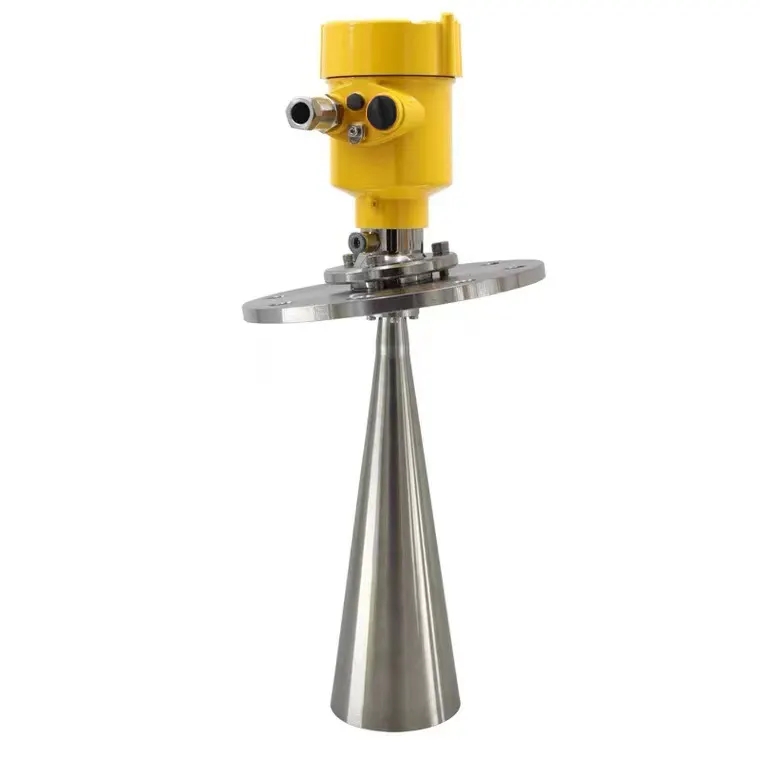
Liquid sensors are the foundation of IIoT strategies. They transform raw physical data into intelligent information, driving industrial systems toward self-optimization.
- Predictive Maintenance (PdM): Continuous monitoring of coolant or lubricant flow and quality (via integrated sensors) can predict failure times for pumps, valves, or pipelines, minimizing unplanned downtime.
- Precise Batching: Flow meters ensure batch consistency in chemical reactions or food formulations, eliminating human error.
- Safety Compliance: Sensors must have ATEX/IECEx explosion-proof certifications (for the petrochemical industry) and sanitary certifications (e.g., FDA, for the food industry).
A complete IoT smart water monitoring system is a multi-layered ecosystem. When selecting technologies, consider system integration and long-term reliability:
- Sensor Probes: Must have industrial-grade protection ratings (e.g., IP68) and support digital output interfaces such as RS485 Modbus and 4–20mA.
- Smart Gateways/RTUs: Responsible for data acquisition, edge computing, protocol conversion, and wireless transmission (built-in LoRa/NB-IoT modules).
- Cloud Platforms and Mobile Apps: Provide data visualization, historical trend analysis, GIS map displays, and remote control command issuance.
Smart water sensing devices are core infrastructure driving global water resource management toward more efficient, predictable, and sustainable directions. Investing in IoT systems with industrial-grade sensors, RS485/wireless integration, and real-time cloud monitoring is a key strategic decision for the future.
NiuBoL provides turnkey IoT water sensing systems with industrial-grade sensors and integrated functions, widely used in industry, agriculture, and smart cities. Contact us immediately for customized solutions tailored to your high-precision water quality monitoring or large-scale environmental compliance projects!
Related recommendations
Sensors & Weather Stations Catalog
Agriculture Sensors and Weather Stations Catalog-NiuBoL.pdf
Weather Stations Catalog-NiuBoL.pdf
Related products
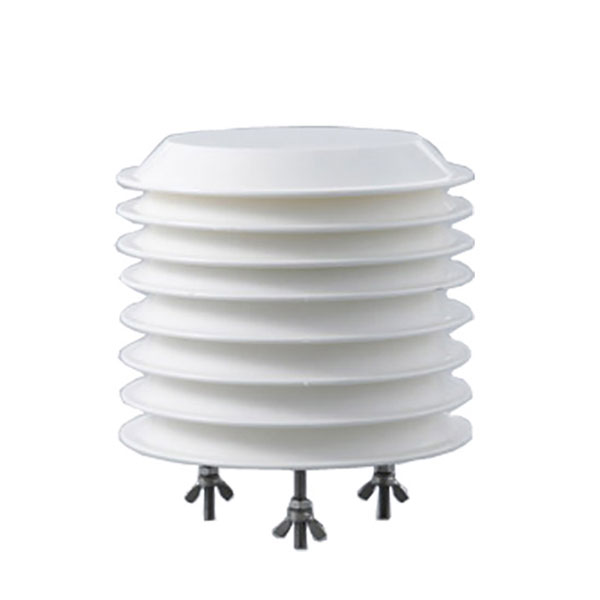 Combined air temperature and relative humidity sensor
Combined air temperature and relative humidity sensor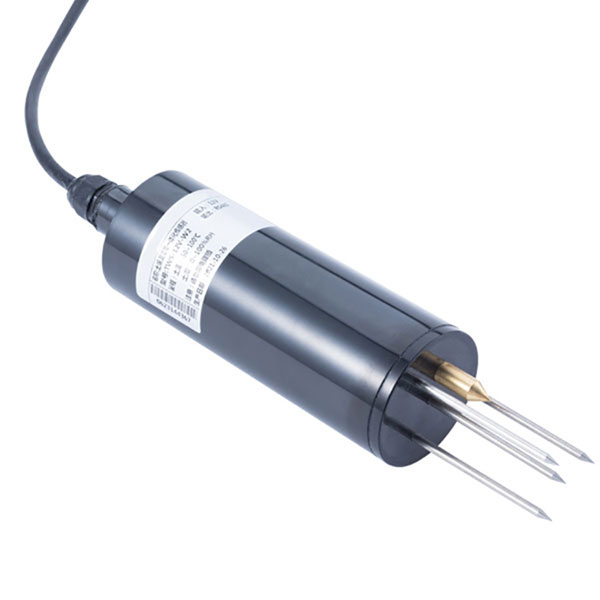 Soil Moisture Temperature sensor for irrigation
Soil Moisture Temperature sensor for irrigation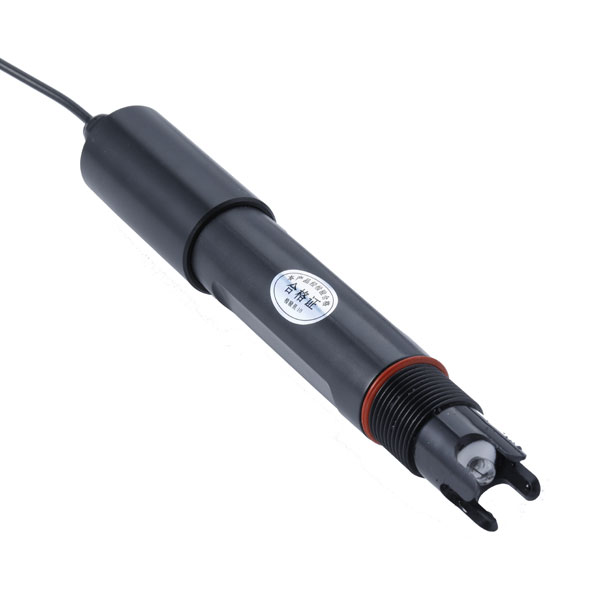 Soil pH sensor RS485 soil Testing instrument soil ph meter for agriculture
Soil pH sensor RS485 soil Testing instrument soil ph meter for agriculture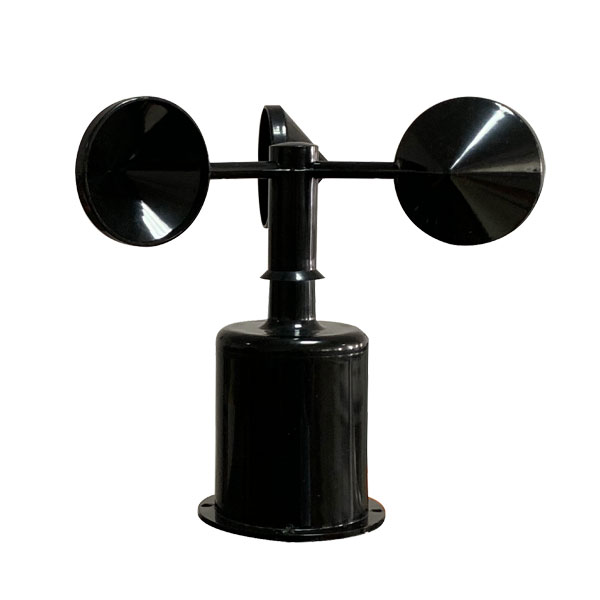 Wind Speed sensor Output Modbus/RS485/Analog/0-5V/4-20mA
Wind Speed sensor Output Modbus/RS485/Analog/0-5V/4-20mA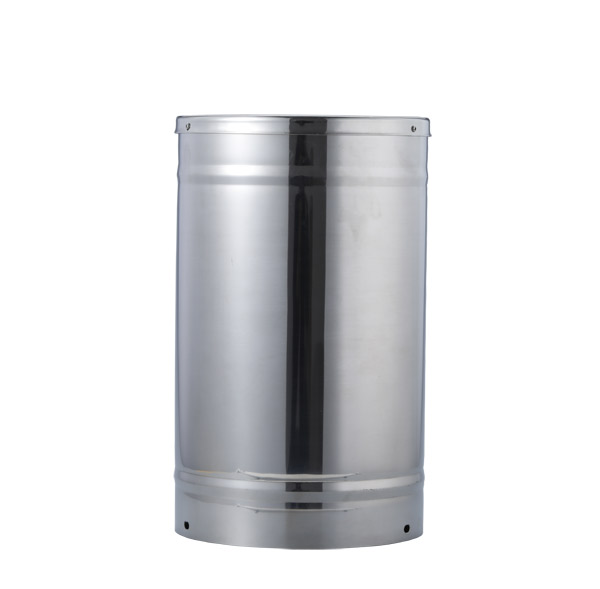 Tipping bucket rain gauge for weather monitoring auto rainfall sensor RS485/Outdoor/stainless steel
Tipping bucket rain gauge for weather monitoring auto rainfall sensor RS485/Outdoor/stainless steel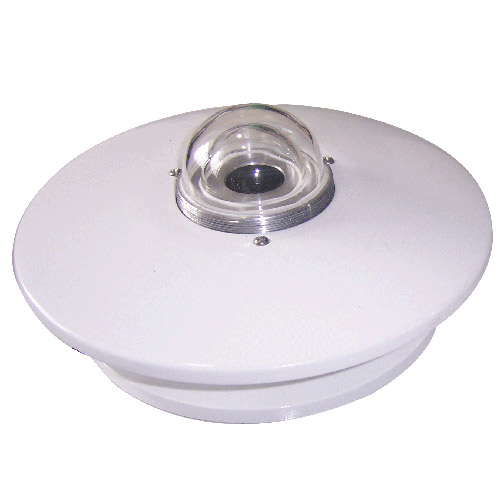 Pyranometer Solar Radiation Sensor 4-20mA/RS485
Pyranometer Solar Radiation Sensor 4-20mA/RS485
Screenshot, WhatsApp to identify the QR code
WhatsApp number:+8615367865107
(Click on WhatsApp to copy and add friends)
